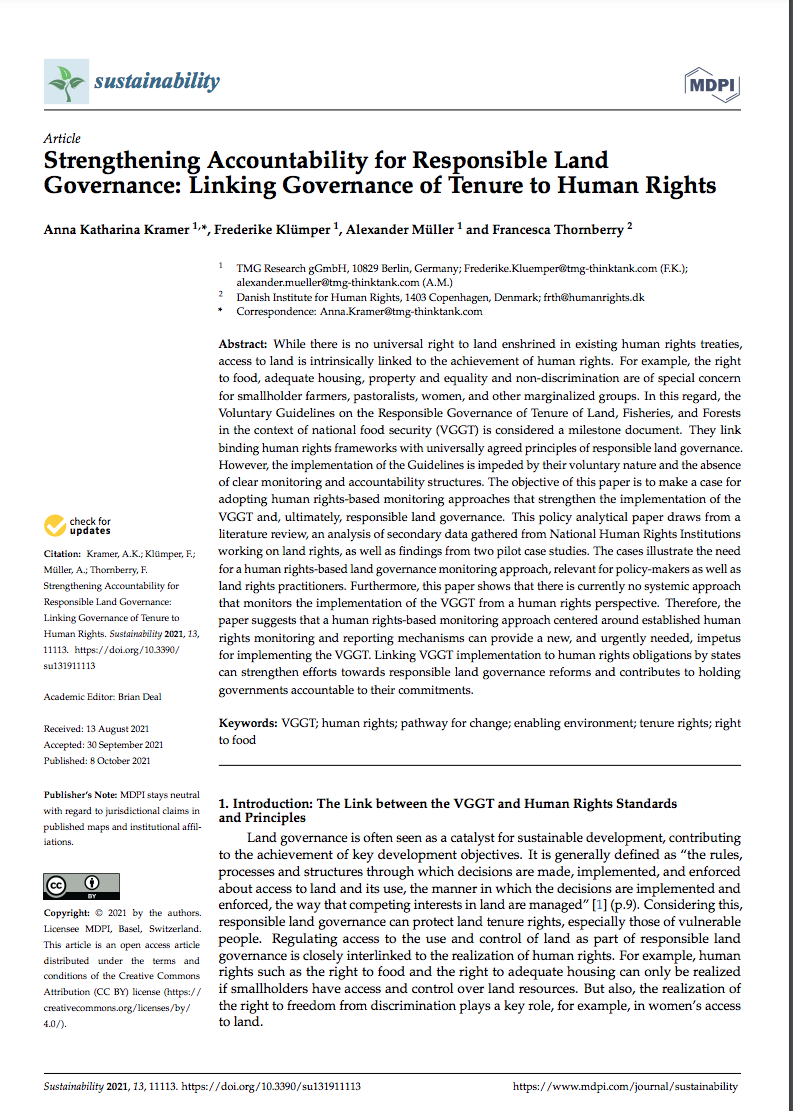Location
MDPI AG, a publisher of open-access scientific journals, was spun off from the Molecular Diversity Preservation International organization. It was formally registered by Shu-Kun Lin and Dietrich Rordorf in May 2010 in Basel, Switzerland, and maintains editorial offices in China, Spain and Serbia. MDPI relies primarily on article processing charges to cover the costs of editorial quality control and production of articles. Over 280 universities and institutes have joined the MDPI Institutional Open Access Program; authors from these organizations pay reduced article processing charges. MDPI is a member of the Committee on Publication Ethics, the International Association of Scientific, Technical, and Medical Publishers, and the Open Access Scholarly Publishers Association (OASPA).
Members:
Resources
Displaying 656 - 660 of 1524Response Characteristics of Soil Erosion to Spatial Conflict in the Production-Living-Ecological Space and Their DrivingMechanism: A Case Study of Dongting Lake Basin in China
Land use conflicts induced by human activities cause accelerated soil erosion. The response of soil erosion to spatial conflict in production-living-ecological space (PLES) is not clearly understood. In this research, models such as PLES spatial conflict, revised universal soil loss equation, bivariate spatial autocorrelation, and an optimal parameter-based geographical detector were used to explore the characteristics and drivers of soil erosion in response to spatial conflict in the PLES of the Dongting Lake watershed.
Land Is Life: Indigenous Relationships to Territory and Navigating Settler Colonial Property Regimes in Canada
Respectful and reciprocal relationships with land are at the heart of many Indigenous cultures and societies. Land is also at the core of settler colonialism. Indigenous peoples have not only been dispossessed of land for settler occupation and resource extraction, but the transformation of land into property has created myriad challenges to ongoing struggles of land repatriation and renewal. We introduce several perspectives on land rooted in diverse Indigenous worldviews and contrast them with settler colonial perspectives rooted in Eurocentric worldviews.
Modeling Cultural Keystone Species for the Conservation of Biocultural Diversity in the Afroalpine
Climate warming threatens the future sustainability of mountains, and tropical mountains are particularly threatened with loss of biodiversity and associated ecosystem services. Conservation biologists increasingly turn to habitat suitability models to guide the establishment and assessment of protected area networks to protect the highest number of species, yet this focus often neglects the values, attitudes, and beliefs of the people living around protected areas.
Strengthening Accountability for Responsible Land Governance: Linking Governance of Tenure to Human Rights
In a new paper, written with a colleague from the Danish Institute for Human Rights, TMG researchers Anna Kramer and Frederike Klümper, and TMG Managing Director Alexander Müller, make a case for adopting human rights-based monitoring approaches that strengthen the implementation of the Voluntary Guidelines on the Responsible Governance of Tenure of Land, Fisheries, and Forests (VGGT), and ultimately support responsible land governance.
Fit-for-Purpose Land Administration—Providing Secure Land Rights at Scale
This Special Issue provides an insight, collated from 26 articles, focusing on various aspects of the Fit-for-Purpose Land Administration (FFPLA) concept and its application. It presents some influential and innovative trends and recommendations for designing, implementing, maintaining and further developing FFP solutions for providing secure land rights at scale. The first group of 14 articles is published in Volume One and discusses various conceptual innovations related to spatial, legal and institutional aspects of FFPLA and its wider applications within land use management.





